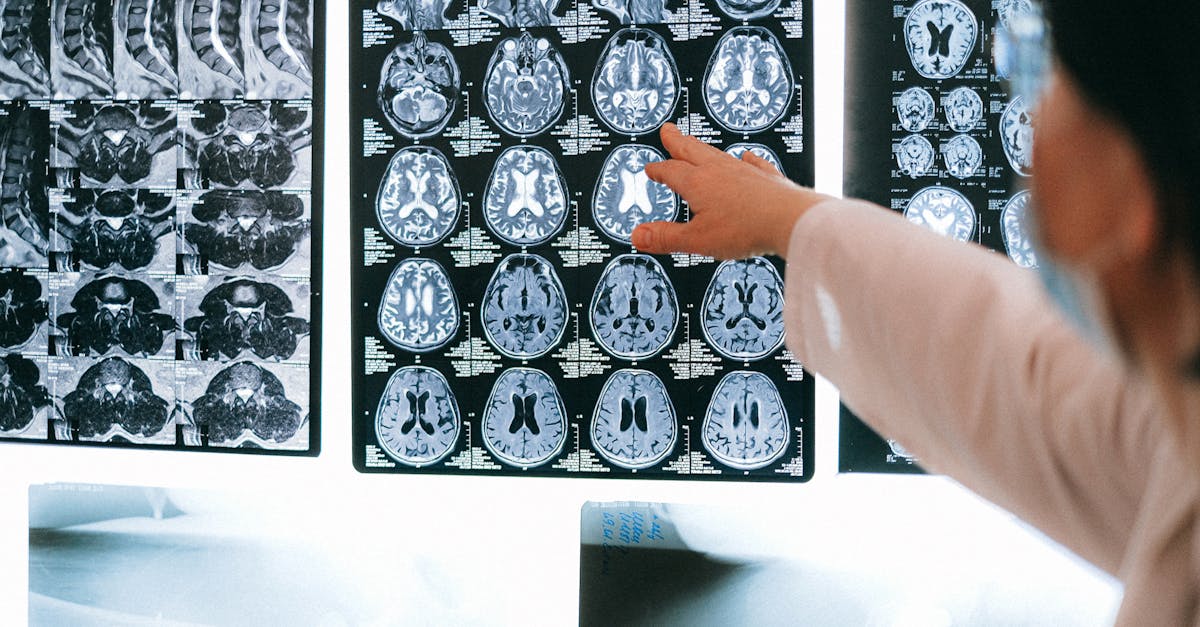9 Surprising Signs Your Blood Flow Is Under Attack
Blood flow is the lifeline of health, a vital process that sustains every organ and tissue in the body. It ensures the delivery of oxygen and nutrients while removing waste products. However, when blood flow is compromised, the consequences can be severe and far-reaching. Understanding the subtle signs that your blood flow may be under attack is crucial for early intervention and prevention of serious health issues. This article explores nine surprising indicators that your circulatory system might be in distress, offering insights into how these signs manifest and what they might signal about your overall health.
Cold Extremities: A Chilling Signal

Cold hands and feet can be more than just an annoyance; they might indicate poor circulation. When blood flow is restricted, extremities often receive less blood, leading to a drop in temperature. This can be due to narrowed blood vessels or underlying conditions like Raynaud's disease. It's essential to pay attention to persistent coldness, as it might suggest that your circulatory system is struggling to distribute blood efficiently. By addressing these symptoms early, you can prevent further complications and ensure your body's extremities are adequately nourished and warmed.
Numbness and Tingling: The Pins and Needles Effect

Experiencing frequent numbness or a tingling sensation in your limbs may suggest that your blood flow is not optimal. These sensations occur when nerves do not receive enough oxygen-rich blood, often due to constricted vessels or pressure on nerve pathways. Conditions such as peripheral artery disease (PAD) or diabetes can exacerbate these symptoms, highlighting the importance of monitoring their frequency and duration. Recognizing these signs can lead to early diagnosis and treatment, helping to restore normal circulation and nerve function before more severe damage occurs.
Persistent Fatigue: Energy Drain

Fatigue that doesn't resolve with rest might be a sign of poor blood circulation. When blood flow is compromised, tissues and organs, including the brain, may not receive sufficient oxygen and nutrients, leading to a constant feeling of tiredness. This can affect your daily activities, productivity, and overall quality of life. Chronic fatigue may also indicate underlying cardiovascular issues that require medical attention. By understanding this connection, individuals can seek appropriate interventions to improve circulation and energy levels, enhancing both physical and mental well-being.
Slow Healing Wounds: A Delayed Recovery

If you notice that cuts and bruises are taking longer to heal, it could be a sign that your blood flow is under attack. Efficient circulation is crucial for the delivery of healing agents like white blood cells and platelets to injury sites. Poor circulation can impede this process, resulting in prolonged recovery times. This is particularly concerning for individuals with diabetes or vascular diseases, as they are at a higher risk for complications. Monitoring wound healing can provide valuable insights into your circulatory health and prompt timely medical evaluation and intervention.
Varicose Veins: Twisted Warnings

Varicose veins are not just a cosmetic concern; they can indicate underlying circulatory issues. These enlarged, twisted veins occur when valves in the veins weaken, causing blood to pool rather than flow efficiently back to the heart. This can lead to discomfort, swelling, and an increased risk of blood clots. Recognizing varicose veins as a potential sign of poor circulation can encourage individuals to seek medical advice. Treatments can improve blood flow, alleviate symptoms, and prevent further vascular complications, ensuring the health of your circulatory system.
Erectile Dysfunction: A Hidden Symptom

For men, erectile dysfunction (ED) can be an early warning sign of compromised blood flow. The condition often results from insufficient blood reaching the penile tissue, which can be an indicator of broader vascular issues. Cardiovascular diseases, diabetes, and high blood pressure are common culprits that affect circulation and lead to ED. Addressing this symptom with a healthcare provider can uncover underlying health problems and lead to treatments that improve both circulation and sexual health, ultimately enhancing overall quality of life.
Cognitive Impairment: Brain Fog Alert

Cognitive issues, such as memory lapses or difficulty concentrating, might be linked to poor blood flow. The brain requires a constant supply of oxygen-rich blood to function optimally. When circulation is impaired, cognitive functions can suffer, leading to what is often described as "brain fog." This can be a precursor to more serious conditions, such as vascular dementia. Identifying and addressing these cognitive symptoms early can help improve blood flow to the brain, potentially reversing some of the cognitive decline and maintaining mental acuity.
Swelling and Edema: Fluid Retention

Swelling, particularly in the lower extremities, can be a sign of poor circulation and fluid retention. When blood flow is inadequate, fluid can leak from blood vessels into surrounding tissues, causing edema. This is often seen in conditions like heart failure or chronic venous insufficiency. Monitoring for swelling and seeking medical advice can lead to early diagnosis and treatment, preventing further complications. By improving circulation, individuals can reduce swelling, enhance comfort, and support overall vascular health.
Chest Pain: A Critical Warning

Chest pain is a serious symptom that can indicate restricted blood flow to the heart, often due to coronary artery disease. This can lead to angina or even a heart attack if not addressed promptly. Recognizing chest pain as a potential sign of compromised circulation is crucial for seeking immediate medical attention. Early intervention can prevent more severe cardiovascular events and improve heart health. Understanding the connection between chest pain and blood flow can save lives, emphasizing the importance of awareness and timely action.
Vigilance for Vascular Health

Recognizing the subtle signs of compromised blood flow is essential for maintaining vascular health and preventing serious complications. From cold extremities to cognitive impairment, each symptom provides valuable clues about the state of your circulatory system. By paying attention to these indicators and seeking medical advice when necessary, individuals can take proactive steps to improve blood flow and overall health. Vigilance and early intervention can lead to better outcomes, ensuring that your body's lifeline remains strong and resilient.
